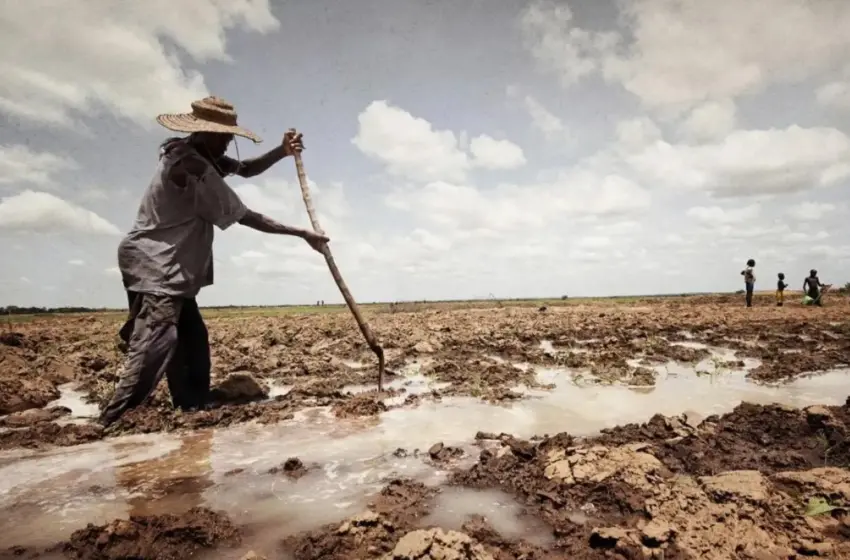
Is there any connection between the climate crisis and conflicts?
One of the important news to know is that Somalia was recently elected to the United Nation Security Council. It is a nation that is suffering from a climate crisis. After being elected as a non-permanent member of the UN Security Council it has a chance to share a more positive story about climate and security.
People see Somalia as a success story in the fragile Horn of Africa. However, more attention is required to address the climate issues. Climate change has also become the reason for many conflicts, so this nation needs to fight against the negative stories that connect the two.
These days, a common story has spread across the world. Climate change is the major cause of many conflicts across the regions that are not stable. It also affects the poorest parts of the world and weakens social stability. Many of us also said that climate crises cause mass migration, and boost recruitment to armed groups.
Take Somalia, for example. Many argue that climate change is linked to the rise of terrorist group al-Shabab. A recent article in Nation Africa claimed that climate change is driving nomadic herders to migrate, creating regional security issues. Additionally, a guest editorial in the Economist pointed to extremist groups in the Horn of Africa as proof that climate change increases the risk of conflict.
The story that climate change causes many problems misses a lot of important information. There are many fundamental reasons that cause conflict and people ignore all of them. There are many factors that cause instability. And most of the time, climate change and natural resources don’t play any role in causing conflicts.
According to a 2022 report from the Intergovernmental Panel on Climate Change, the role of climate change in producing conflicts is not as important as other factors. This involve social and economic factors.
Extreme weather might have a small effect on conflicts, but these effects are not well understood and vary depending on the situation.
Now the question is why countries are dealing with both problems simultaneously, conflicts and climate change. In order to help countries it is important to understand that conflict often makes these countries more vulnerable to climate issues. It is just due to bad luck. It may be that countries have weak systems, lack of support and face many challenges regarding instability.
In these areas people are suffering from climate change because of lack of resources. They don’t have enough resources that manage climate change well. This is the reason that they deal with different types of problems such as losing their homes, destroyed infrastructure, broken social connections, and financial instability, which all make it harder to cope with floods and droughts.
That’s why many of the countries most at risk from climate change are also facing conflict or weak systems. Once we realize that poor governance and development choices are making people more vulnerable, we can start to find better solutions.
Climate change is not a small problem. Also it is important to deal with it and adapt. This action is necessary in countries that have not much of the problem. But in countries with conflicts, climate projects should go hand-in-hand with fixing deeper issues like inequality, political exclusion, and bad governance. The conflict related problems can not be solved by solving climate change issues.
Additionally the correct knowledge is required in order to cope up with all of the above issues. Luckily Somalia’s leaders know how to deal with the problems. They have knowledge that building climate resilience starts with improving security and development.
Prime Minister Hamza Abdi Barre said that Somalia is moving away from past conflicts and instability. With recent successes like recovering land from al-Shabab and getting debt relief, he emphasized the need to invest in climate-resilient infrastructure to secure the country’s future, rather than just reacting to current climate problems.
As a non-permanent member of the UN Security Council, Somalia has an opportunity to change the perspective of people regarding climate change and conflicts. Instead of just talking about climate issues, we should push for peacebuilding, peacekeeping, and socioeconomic growth to help people become less vulnerable to climate problems. It is important to resolve the issues timely, otherwise the nation ends up with the idea that, “ climate change makes things worse.
To solve problems it is important to find the root cause of conflicts and instability. Following the right way with correct information enables someone to solve the climate crisis easily.


